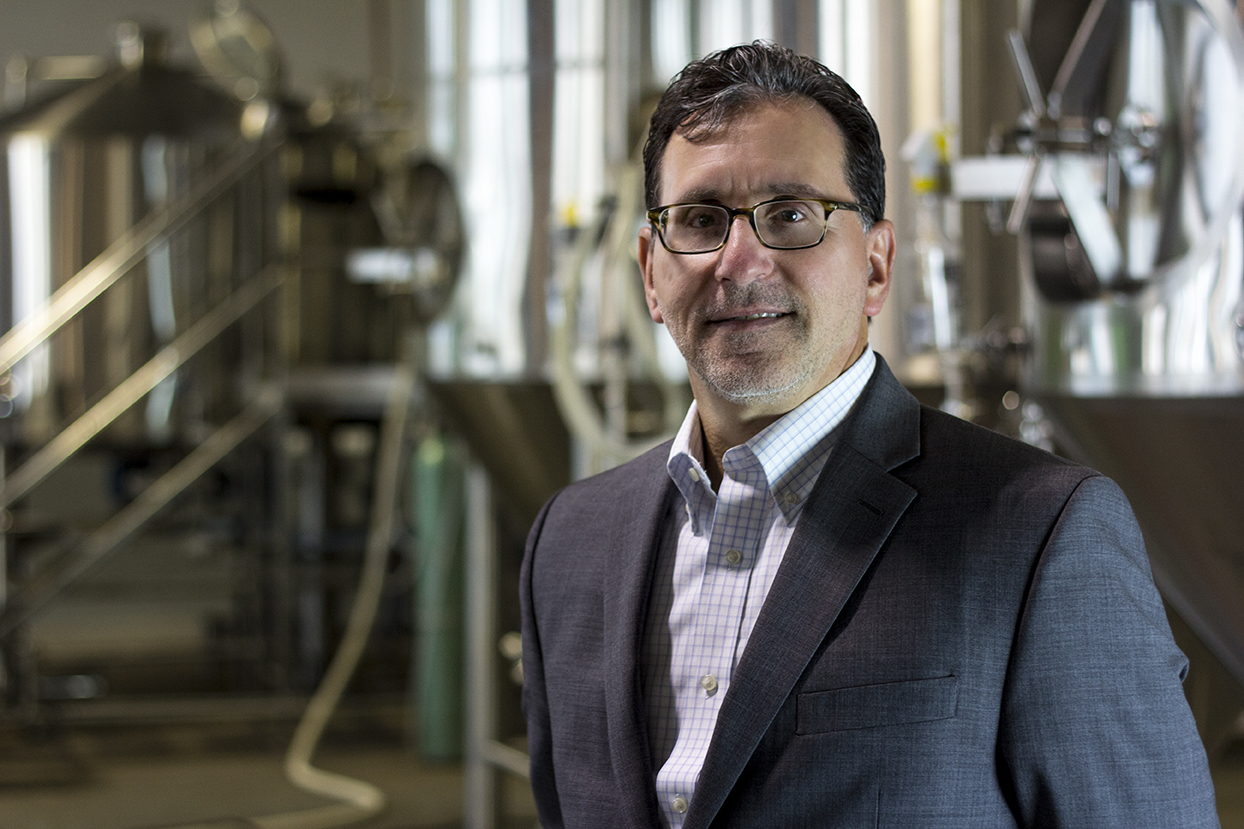Plenty of regulators don’t know or don’t care about the difference between wine and spirits. Paul Jorgensen reviewed a recent and noteworthy trademark dispute showing this. Paul is a lawyer and he explains as below.
If you’re reaching for a beer, you’ll probably not accidentally grab that bottle of vodka, will you? Looking to pair that great salmon dish with a nice chardonnay usually won’t mean that you accidentally grab a six pack at the convenience store, right? Yes, even though you know that there’s a big difference between beer, wine and spirits (how they are made, sold and who drinks them, for example), you may be surprised to find out that not everyone does. The U.S. Patent & Trademark Office, for example, does not know the difference and continues to demonstrate this with new legal cases decided through its judicial branch, the Trademark Trial and Appeal Board (TTAB).
Who cares? You will if you are trying to register your beer, wine or spirits trademark. Unless you want to waste your money on an application that the PTO will reject, it is increasingly important to do a thorough trademark search first for any confusingly similar marks. That search should cover not only products the same or similar to your product (e.g., beer), but also all other alcohol products (e.g., wine and spirits too) regardless of how distant you think they are from your product. A recent trademark legal case drives this point home once again.
Remember, the PTO will refuse your trademark if it is likely to cause confusion with a confusingly similar mark that was registered or applied for before you applied for your mark. In the case Miguel Torres, S.A. v. Complejo Industrial RM, S.A. de C.V., Opposition No. 91188401 (May 17, 2011), an applicant for the mark GRAN SOL & Design for tequila was opposed by the owner of the registered mark GRAN VINÃ SOL for wines. The wine mark owner thought it would be damaged if the tequila mark was registered.
After finding that the marks were sufficiently similar to cause confusion if they were used on similar goods, the TTAB looked at the similarity of the goods. The TTAB bought the arguments that wine is similar to tequila because 1) they both travel in the same channels of trade (bars, restaurants, liquor stores, and online); 2) the purchasers are ordinary consumers; 3) one product may be substituted for another in drinks; 4) both are inexpensive and purchased on impulse; and 5) consumers either don’t see or don’t note the distinguishing name and address of the bottler, packer, or importer that appear on the label.
Commenting on the same case, The TTABlog observes: “Applicant submitted substantial evidence regarding the strict regulations governing alcoholic beverages in the United States. … The Board was not impressed.” The blog concludes that “The Board’s opinion, with numerous case citations, makes it clear why it is futile to argue that one alcoholic beverage is not related to another for Section 2(d) purposes.”
Never mind all the counter arguments that you can make about your discerning consumers, your distinguishable price points, and your different sales methods. Nope, this is only the most recent of TTAB and court cases that show that the law has a blurry view or is blind to important distinctions in the beverage industry. If you are thinking of a snappy new trademark, you stand warned – do your homework first, or better yet, have an experienced trademark attorney help you understand the risks.



Leave a Reply